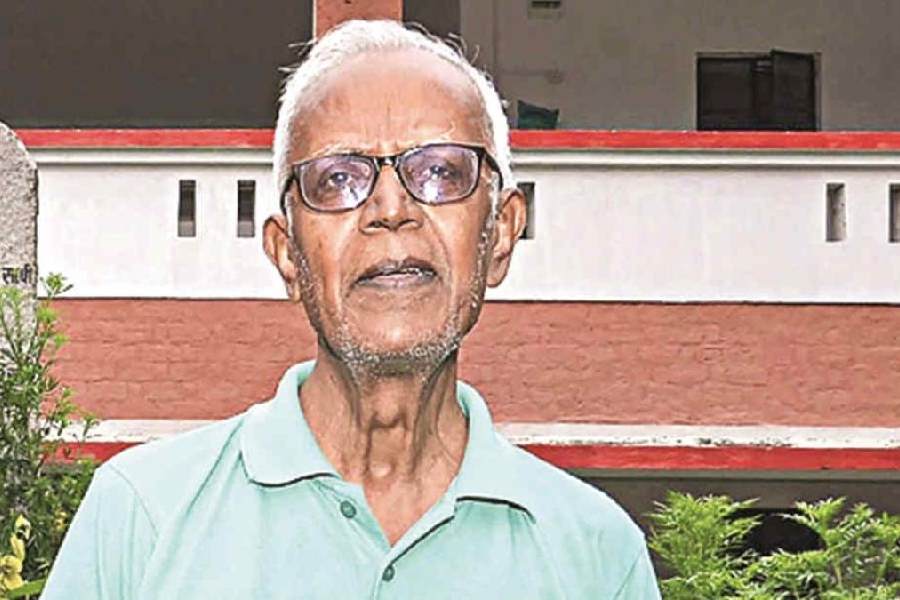The flavours of Assam tea took Taiwan, known across the world for its mild oolong tea, by surprise.
On Tuesday, tea experts of the state showcased tea and interacted with faculty members and students of the National Chung Hsing University in Taiwan to help tea become a leverage point between Act East policy of India and New Southbound policy of Taiwan.
Two tea experts from Assam — chief advisory officer, Tocklai Tea Research Institute, Pradip Baruah and Raj Barooah of Aideobarie tea garden in Jorhat were invited by the university to showcase and offer an insight into the world of Assam tea.
The university is a research-led comprehensive university in South District, Taichung, Taiwan. The university is one of the oldest in Taiwan with 16,000 students.
The New Southbound Policy is the initiative of the Taiwan government under President Tsai Ing-wen to enhance cooperation and exchange between Taiwan and 18 countries in Southeast Asia, South Asia and Australasia.
Barooah said Chien-teh Chen of the department of agronomy at the National Chung Hsing University who tasted Assam tea said he was impressed by the potential and was amazed to see the kind of flavours. “Teas in Taiwan are recognised for the flavours,” Barooah added. Barooah, who has launched Rujani brand, displayed 15 varieties of teas. He recently went to Australia where his teas were admired.
While Assam is known for its black tea, Taiwan is known for its oolong tea. Partially oxidised and roasted, it is a variety between green and black teas.
Teh Chen is coming to Assam shortly. The entire programme is under the umbrella of India-Taiwan Cooperation Programme and involves people-to-people and industry-to-industry contacts.
“The idea is to leverage tea to foster more cooperation between the two countries. There have been visits by people from Taiwan to Tocklai and this is another visit to enhance cooperation. We can learn a lot from Taiwan in marketing,” Mirza Rahman of IIT Guwahati, who specialises in international affairs, said.
Baruah, a tea researcher and chief advisory officer of the Tocklai institute, gave a background of Assam tea and types of teas produced. The teas were displayed on a gamocha to help students and faculty members of the Taiwanese university to connect with the culture of Assam.
“Taiwan showed interest in CTC tea and they appreciated strong Assam liquor,” Baruah said, adding they also liked the green and white teas.
Teachers and faculty members tasted the different teas which were showcased from Assam and were satisfied.










